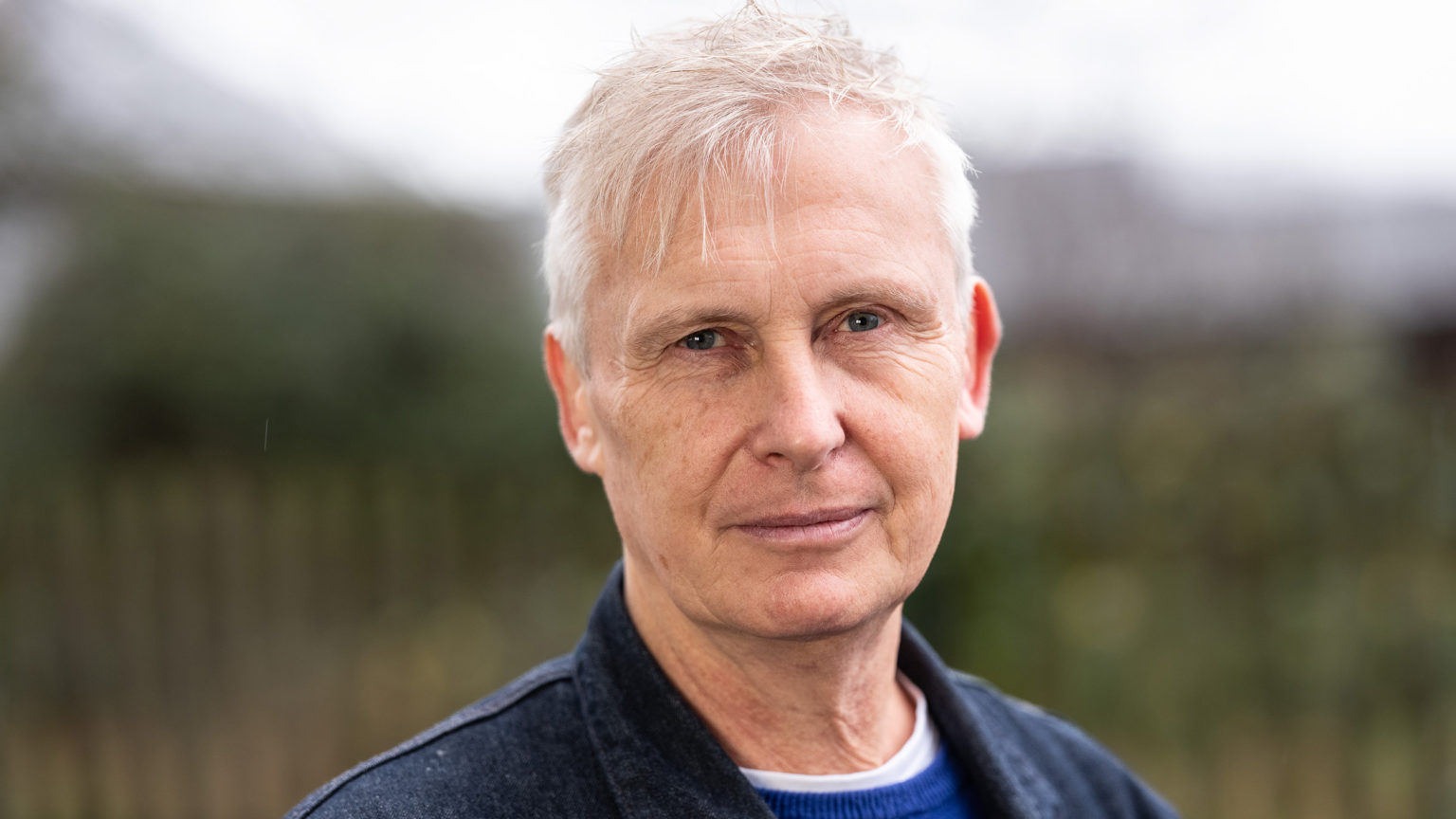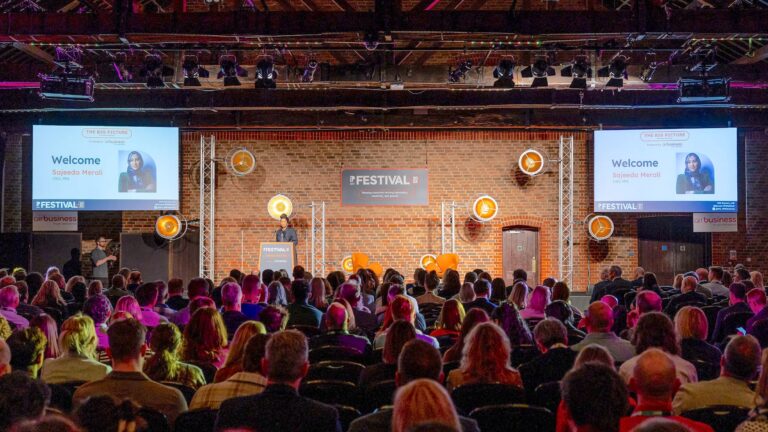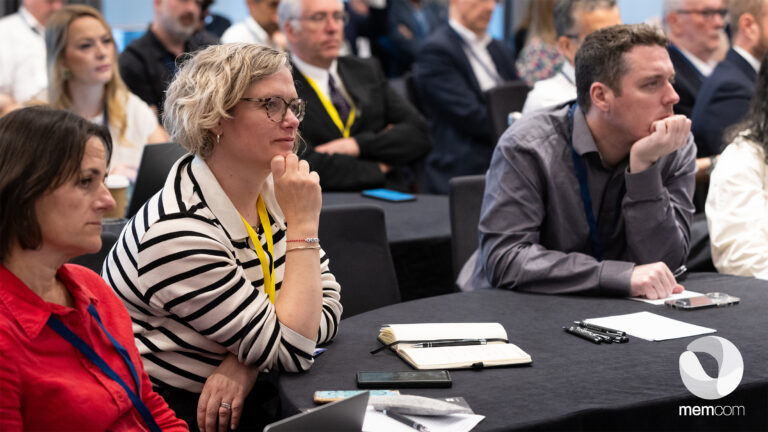After completing the first in a series of films to encourage people to become occupational therapists, Marcus Codrington Fernandez reflects on the strategy and rationale behind CPL One’s approach.
Shock horror, hold the front page, drop the mic. There’s a crisis in social care.
Admittedly, that’s hardly new news in 2020s Britain. But when we were approached by Cambridgeshire and Peterborough NHS Foundation Trust to find a strategy to help address a shortfall in occupational therapists, our suggested approach to the crisis did create a bit of squeaky bum time.
Let’s make a film, we said. Really? One of the greatest issues facing society and we’re suggesting producing some films can be anywhere near the answer?
There’s a perfect storm of factors that have brought about the social care crisis, including an ageing population, chronic underfunding, increasing complexity of needs, socioeconomic inequalities, changes to family dynamics and the impact of Covid-19.
Epic crisis
The scale of the crisis across the country is epic. In Cambridgeshire, the team at CPL One have devised campaigns to recruit more qualified carers across the board in various areas of social care: care workers, reablement workers, child services, adult social care and, most recently, occupational therapists. And they need to be recruited fast.
So making a film seems, on the face of it, somewhat trivial. Certainly, that’s what we feared our clients might think when we presented our plan.
However, we were confident our rationale was compelling.
The starting position for considering how to crack the problem is to face up to the fact that occupational therapy doesn’t exactly help itself. Even those in social care could be forgiven for not knowing exactly what occupational therapy is. So recruiting people to commit their lives to it needs an explanation of the role before you can start to build any cogent, rational argument.
Perhaps it could also be said there aren’t too many rational reasons to consider a career in occupational therapy. It’s not highly paid, nobody knows what the role entails from its obtuse title, it doesn’t exactly hold the same social cache as vaguely comparable roles like physiotherapist, and the offices for the job certainly won’t be featured in Wallpaper magazine any time soon.
Critical work
The most irresistible reason for following this vocation is emotional. You get to help people at their hour of most desperate need. You can very literally turn a person’s life around. And in doing so you can elevate your own. It’s unfathomable that there isn’t more social equity in being an occupational therapist. This work is increasingly critical to the health of a modern nation.
And thankfully, in spite of the obstacles, we know there are plenty of people who want to look after other people. People who like hearing other people’s stories. These people are the very definition of people-people.
People-people are the heart and soul of social care. They aren’t in it for social validation or to earn the big bucks. Just as well.
To feel complete, they simply have to help people. To feel valued, they need to value others. To be emotionally engaged they need to hear of the lives of others. It’s not rational and it’s not considered. They do it because they feel it.
That’s where the skills of content marketing come in. Words and pictures used to help people feel like they belong to something. And to feel something.
Filmmakers are the masters of making you feel something. They touch a nerve. They bring the emotion to the surface. They deal in loss as the secret ingredient of every story.
Emotional stories
So we at CPL One resolved to create stories. Short stories that can be told in 30 seconds, but that pack an emotional upper-cut to the gut. They are little more than case studies – examples of what it’s like to work as an occupational therapist. What it feels like to help someone in trauma come out of themselves. Or to help someone who had reverted to self-imposed isolation to see the value in just hanging out with others once again.
And we are telling these stories to students, people at a crossroads in their life where they are considering what kind of life they want to lead. The short films we’re making don’t draw on the techniques of advertising. There’s no persuasion involved, hidden or otherwise. All we’re doing is inviting people to decide if they feel something.
If they do, then we hope these people-people will respond to the call to action and find out more about being an occupational therapist.
It could be one of the most fulfilling things they will ever get to do in their lives.
ABOUT THE AUTHOR: Marcus Codrington Fernandez is a strategy and creative director who has devised and led campaigns for CPL One. Marcus has been global creative director for the world’s largest communications agency and founded a number of international networks.




